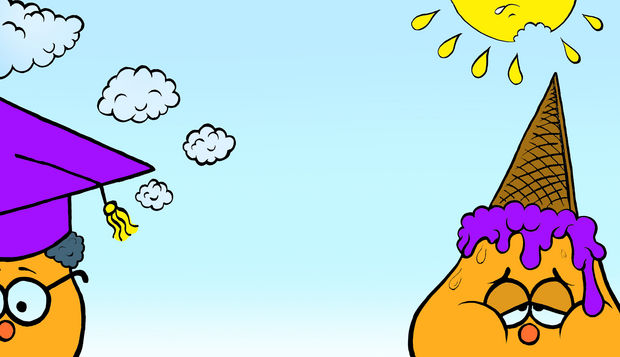
It’s July, and for many of us, that brings back fond childhood memories of family vacations, summer camp or long, happy days spent playing with friends. But this quaint notion of summers as a kids’ paradise is dangerously misleading, evidence from social research suggests.
After spending the summer away from the classroom, children return to school one month or more, on average, behind where they were when the previous year ended. Kids also tend to put on weight in the summer two to three times faster than they do during the school year.
To put it unkindly, the average child becomes dumber and fatter during the vacation. And although there’s no need to declare war on summer, there’s plenty we could do to combat the seasonal learning loss and weight gain.
Consider, first, the evidence for the summer fade effect. Taken together, a variety of studies indicate that students’ academic skills atrophy during the summer months by an amount equivalent to what they learn in a third of a school year, according to a review by Harris Cooper, a professor of education at Duke University, and several co-authors.
This deterioration, furthermore, varies substantially by income and race, and its impact persists even past childhood. Barbara Heyns, a sociologist at New York University who studied Atlanta schoolchildren in the late 1970s, found that although academic gains during the school year were not substantially correlated with income, summer decline was.
Subsequent studies have replicated the finding. Karl Alexander, Doris Entwisle and Linda Olson of Johns Hopkins University, for example, found that the summer fade can largely explain why the gap in skills between children on either side of the socioeconomic divide widens as students progress through elementary school. Children from all backgrounds learn at similar rates during the school year, but each summer students of high socioeconomic status continue to learn while those of low socioeconomic status fall behind.
How Summer Is Making U.S. Kids Dumber and Fatter – Bloomberg
